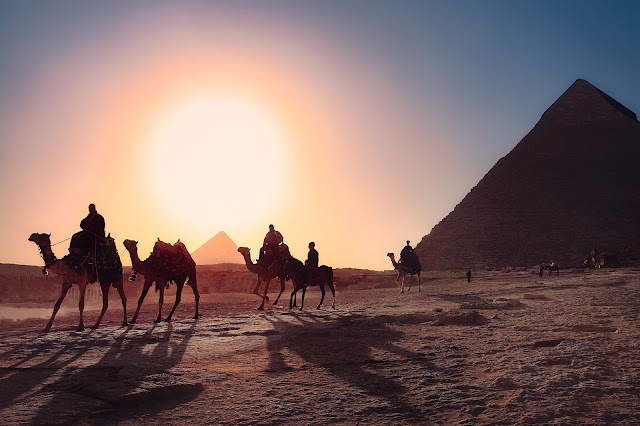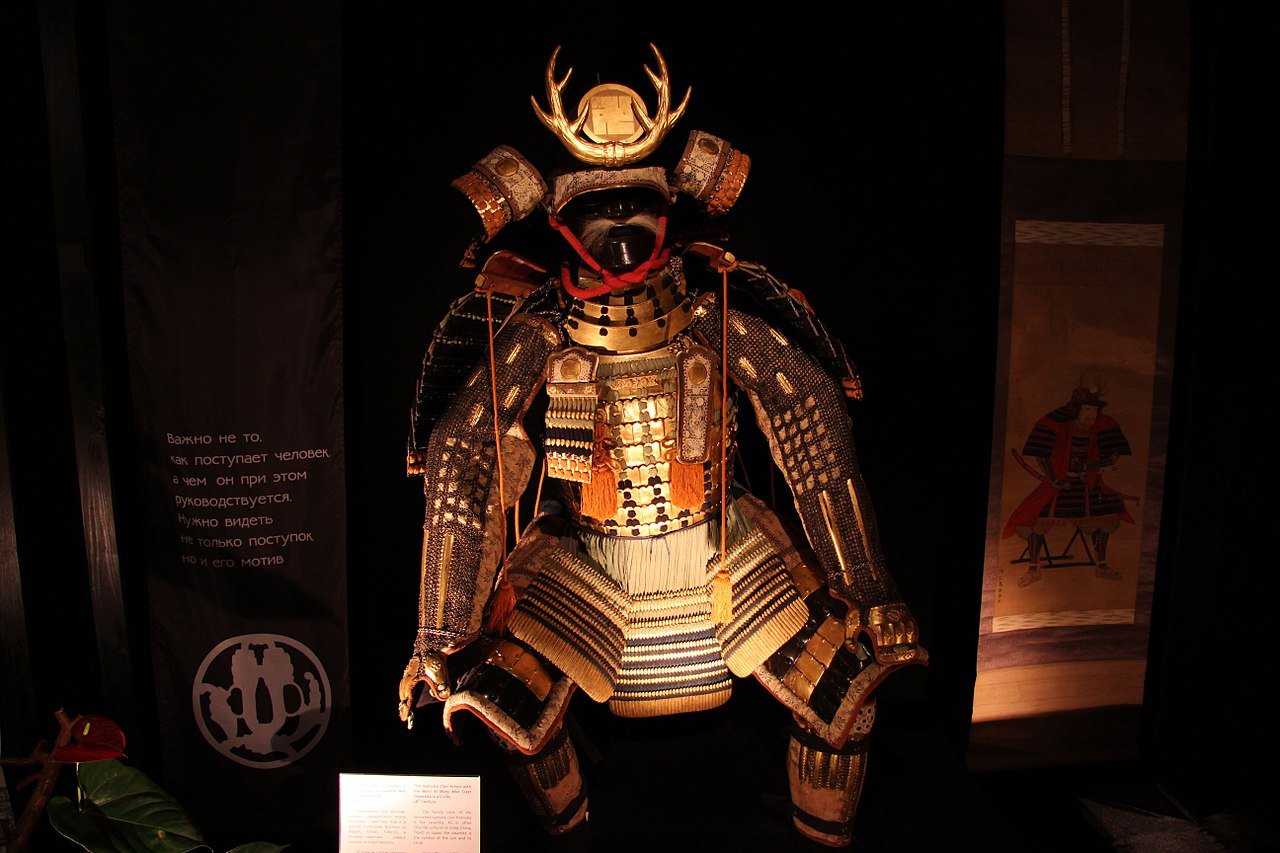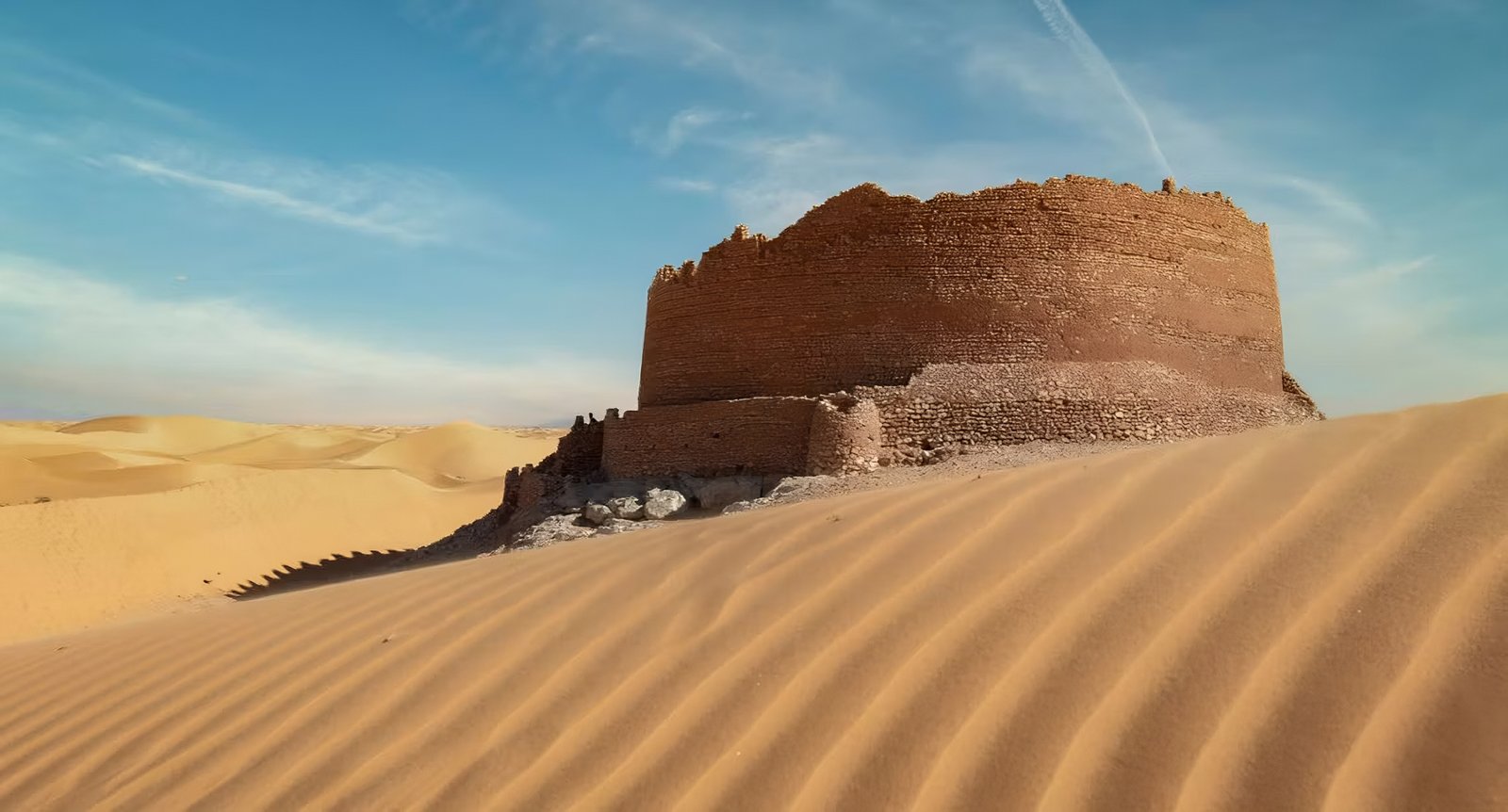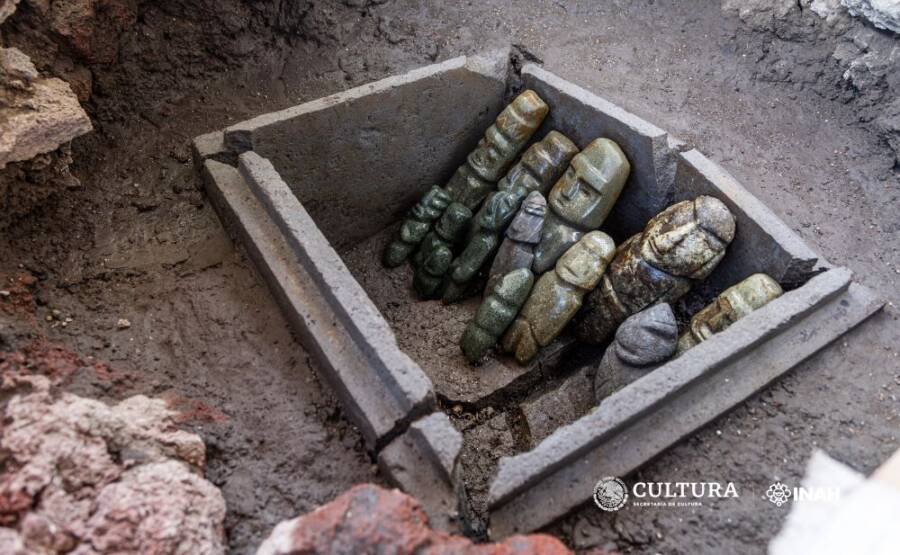You know that Egypt, the cradle of human civilization, is an ocean of knowledge. And does Egypt, once the world’s richest and most stable country, still exist? One wonders if this is the case in Egypt today.
On October 17, 2017, an international census conducted by the Thomson Reuters Foundation, which covered nine major cities in the world, found that the Egyptian capital, Cairo, was the least privileged and most dangerous country in the world for women. This situation in particular began to emerge in the wake of the 2011 revolution. The topics covered were sexual harassment, destructive cultural practices, finance and health.
Women face these kinds of problematic issues every day in Cairo. The unfortunate downturn in the Egyptian economy over the past two years alone is not a reason to give Egyptian society a special opportunity to address the issues facing women. This is due to traditional customs regarding women in Egypt, such as ‘female circumcision’. Somehow different people say different things about this situation.
According to another 2013 UN census, 47% of Egyptian women have been sexually abused and divorced. Egyptian women allege that the law books contain six months’ imprisonment for any form of violence against women, but are limited to the book itself. The reason for this is that men unnecessarily explore what women say they do, says Mason Hassan, director of Nazra Institute for Feminist Studies.
His idea is that she doesn’t care about her safety, except to find out how she looks and dresses. Another reason for this was the turmoil over the Arab Spring a few years ago, which greatly reduced the number of foreign tourists visiting Egypt. Unemployment is at an all-time high. It is especially difficult for women to find employment. Women over the age of 15 have a literacy rate of 65%. This is a significantly lower value compared to men. That is, the male literacy rate is 82%.
Despite being banned in 2008, nine out of ten girls are still subject to the ‘female circumcision’ that still applies to women today. This was revealed by a census conducted in 2015. Partial or complete removal of the external parts of the female genitalia is performed here. This savage custom is also done with a blade or something like the lid of a can of salmon. It is a hereditary custom. It is usually done by a girl’s grandmother.
Female circumcision :- “A woman used to perform circumcision in Medina. The Prophet said to her: Do not cut severely as that is better for a woman and more desirable for a husband” :- — Sunan Abu Dawood, 41:5251
There must be some kind of religious face to this. It is done by the Egyptian society, which has a fundamentalist religious aspect, giving priority to such words. “Egyptian society considers it important for girls’ morals,” said Zahira Amin, a women’s rights activist.
Sunni Islamic society is divided into four main sections: Shafi’i, Maliki, Hanbali, and Hanafi. Female genital mutilation (FGM) is encouraged in these societies. This custom is prevalent in Egypt and Indonesia. About 97% of women in Egyptian society are victims of FGM.
Meanwhile, child marriage is another curse on Egyptian society. 17% of girls get married before their eighteenth birthday. 2% of girls get married before the age of 15.
It was an experience I had the first day in Egypt. Out of curiosity about seeing huge buildings like the Pyramids of Giza, the taxi driver gave a great answer to the endless questions asked. “If I am the president of this country, the first thing I will do is flatten this pyramid,” he said. Then I will build churches out of the bricks and alabaster sheets that come from flattening. ” In fact, it is not just a dream of the fundamentalist Egyptians you meet today, it has become a reality. Behind the Sphinx statue, apart from the top of the pyramid you see in this picture, are the famous churches in Cairo made of alabaster sheets.
It is a great misfortune for a civilization to rise to the heights of a pyramid, to embrace these unfortunate tribal systems and destroy world heritage sites.
![]()








